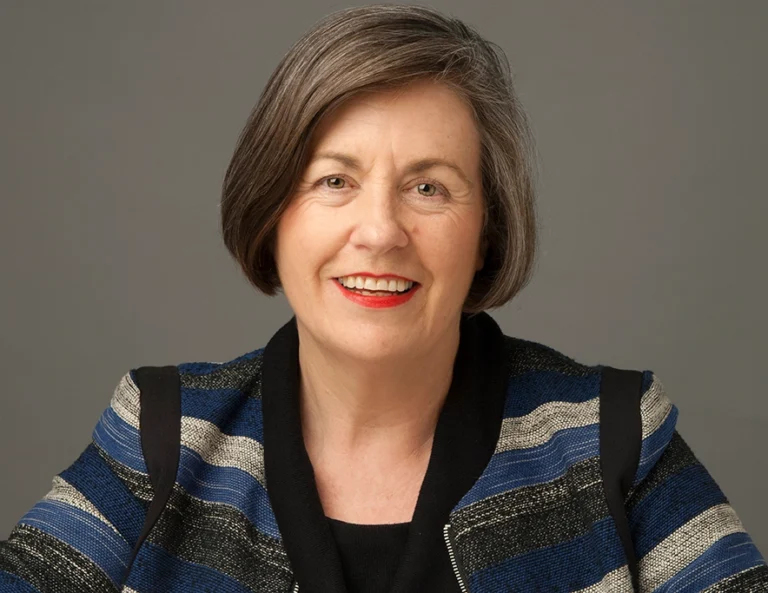I appreciate that care for the elderly by the NHS has become a contentious issue, but has the world gone completely mad?
My friend Diana popped in for a cuppa, and proceeded to tell me how her 97-year-old godmother has just had a pacemaker fitted. Since her godmother had expressly told her that she’d had enough of life, and wanted to die, Diana was understandably horrified.
‘What can one do?’ she said helplessly. ‘I’m not her next-of-kin, so I can’t make her wishes clear for her. The nursing home staff have told her ‘she’ll be as right as rain’ once she’s got the pacemaker, and will be able to walk down to breakfast. But her legs have gone, and her mind’s all over the place. Wouldn’t it have been kinder to allow her to slip away without putting her through all this?
Diana added, ‘The trouble is that she’s going to take a while to recover, which means she can’t go back to her nursing home – they don’t provide that kind of nursing care. The hospital will need her bed, so where is she going to end up? The trauma of the operation and this upheaval at her age will probably kill her off anyway. So what’s the bloody point?’
I’ve had similar conversations with distressed friends about their ailing elderly relatives being given life-prolonging treatments as a matter of course. More times than I care to remember, I’ve also heard the phrase ‘You wouldn’t keep a dog alive like this,’ I suspect you have too.
So why do we keep doing this to our old people?
The problem, as I see it, is three-fold.
First, most elderly people (and their relatives) are ignorant about the importance of making living wills (or advance decision), which allows them to clearly state end-of-life care wishes, including whether they want to continue to receive life-prolonging treatments or not.
For a living will to be valid it must relate to the patient’s current condition and have been witnessed, preferably in writing. (The patient must have been at least 18 years old and mentally competent when it was drawn up.) The actual piece of paper does not necessarily have to be with the patient at the time of the emergency, as long as his or her GP already knows and, preferably, has a copy.
Second. Many nursing homes do not provide nursing care. Therefore when an elderly person falls ill, they are usually sent to hospital as an emergency. Note something that few people know or understand: Unless the GP or next-of-kin confirm the existence of a living will, the NHS has a legal duty to resuscitate no matter how old the person may be.
The duty to resuscitate can only be overridden by a DNR (Do Not Resuscitate) order issued by a doctor, or a living will made by the patient.
It is unethical for any medical profession to enact a DNR order without consultation and agreement with the patient’s family. In the case of elderly people without living wills, it might take time for next-of-kin to reach the bedside, by which time the person will have been resuscitated, or be receiving life-prolonging treatment. Some relatives many not be in agreement about the end-of-life care treatment, which can cause added distress, or the elderly person may have no known relatives. In these cases, treatment will be usually be provided.
Third, and most important: as a nation, we are appalling at talking about dying. I experienced just how dreadful we are while writing my book,“The D-Word: Talking about Dying”. Most people have no idea how to open up conversations with their dying relatives, or friends, or how to talk to medical staff. My book has guidelines on how to talk about dying, and also practical information about what happens during the dying process.
Dying Matters, set up by the National Council of Palliative Care, has an excellent website which provides a range of literature and resources. Well worth a visit. You can also download a PDF file of the brochure, “Nearing the End of Life Brochure” written by Dr Peter Fenwick and myself, following our research study into end-of-life experiences.
It’s our responsibility to educate ourselves about the end of life. It’s not just for the sake of our ailing relatives, but also for our own. Whether it is years in the future, or just around the corner, we will all have to face death. I certainly don’t want a pace-maker fitted when I’m 97. I want to know that, as far as possible, I am in control of the way I die. A living will helps ensure that.






2 comments
Denise Jones
I know the situation well. Seen it lots of times. My own mother was resuscitated after her second major stroke, even though I, as next of kin, gave authority the night before not to do so because she had told me she did not want this. A new hospital shift didn’t know because no-one wrote anything on a chart, etc etc. I had an Enduring Power of Attorney for her but she never wrote a Living Will, she always thought they would listen to me, her only child! I did try, as a experienced Wills and Probate solicitor, to explain to her that the medical profession needed more, but she was adament. By the time her second stroke came along, she had lost capacity so it was too late for her to realise the error of her ways. I have done mine and lodged a copy with my GP and take a copy to every hospital appointment – just in case anyone has “lost” my notes… I tell all my clients to do this too!